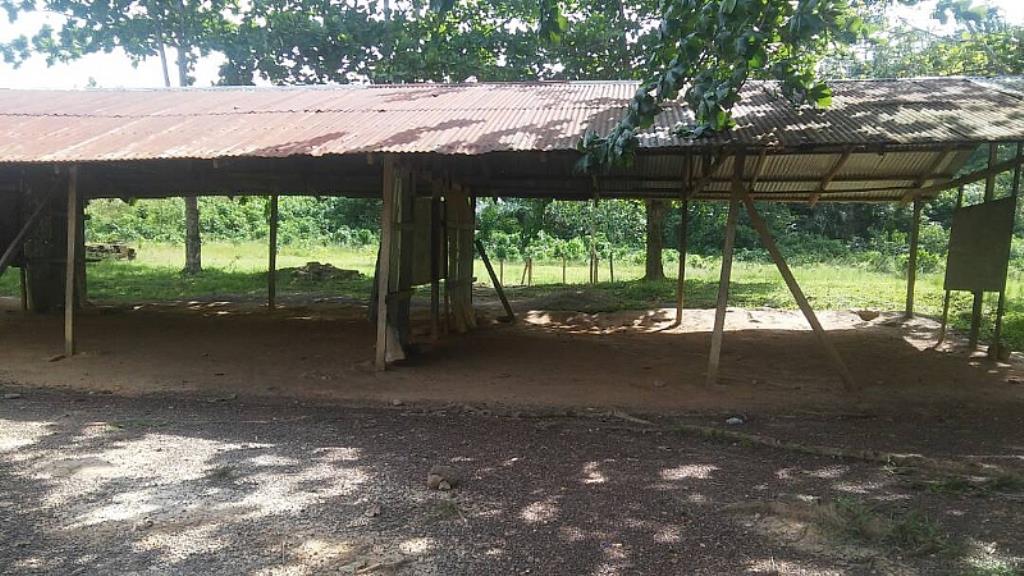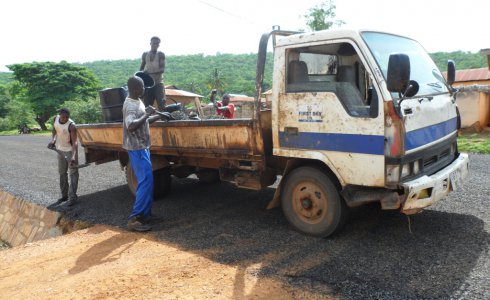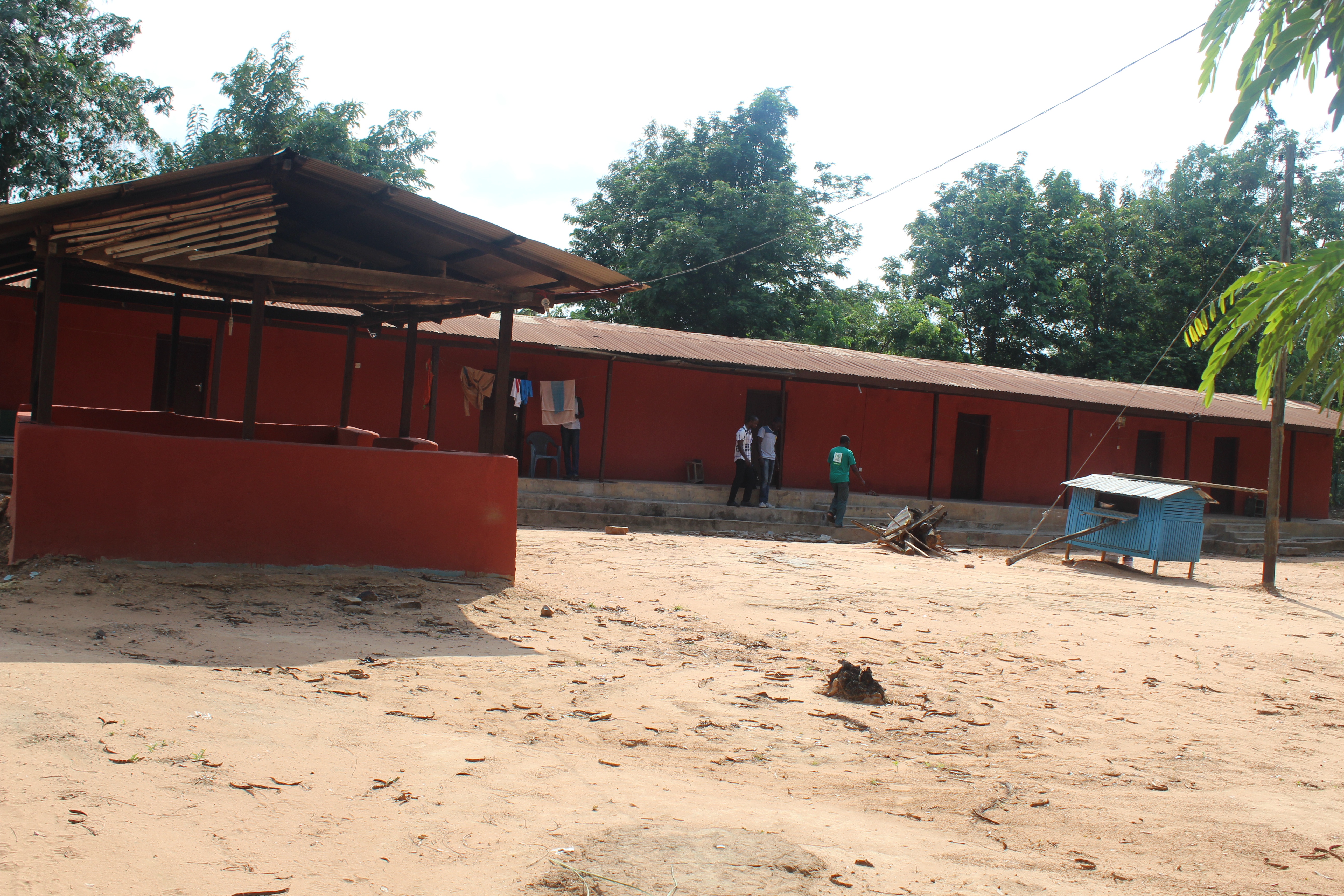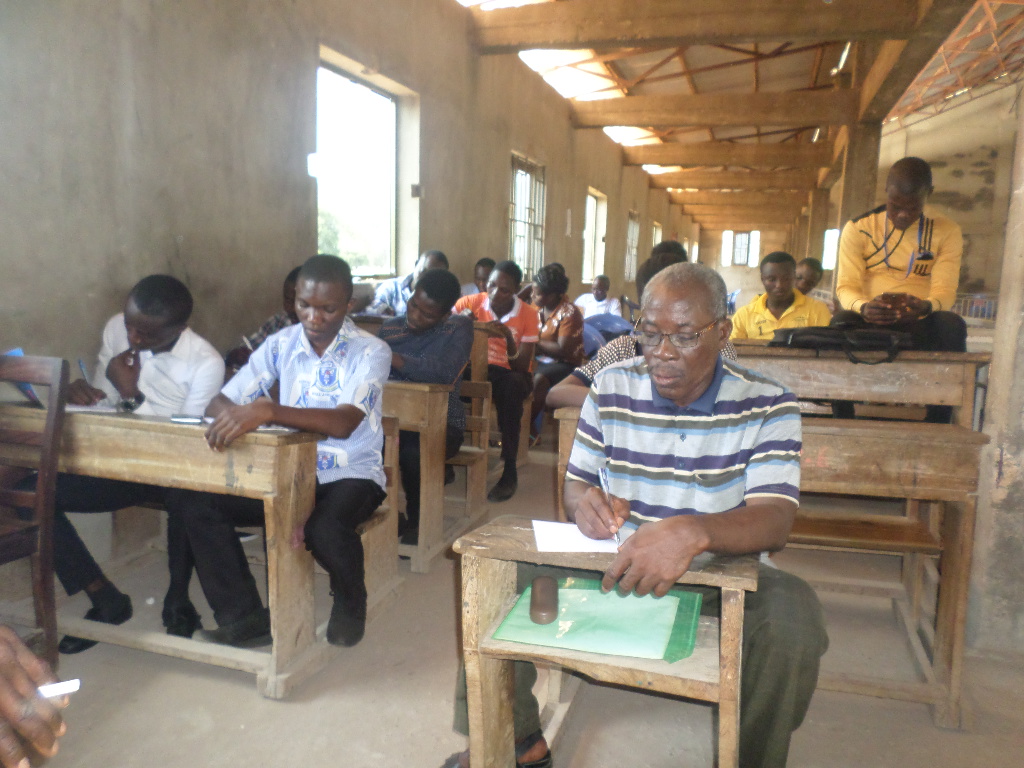Poor Rural Academic Performance: Blame challenge On Economic Activities – Lydia Amafuah

Yilo Municipal Secretary for the Ghana National Association of Teachers, Mrs. Lydia Amafuah has attributed students’ poor academic performance to the recent socio-economic hardship some parents are going through, thus burdening their children with heavy economic activities which compel such children to absent themselves from school.
Ghana has been a role model for many African countries in the provision of free basic education, with enrolment of (84.1%) and gender parity of (1.02) which rates amongst the highest in the region. However, the quality of education in Ghana can be improved.
This notwithstanding, Mrs. Amafuah noted that some students in the villages are taken to work on farms and engaged in other economic activities at the expense of going to the classroom to partake in academic exercises which ultimately results in the retrogression of Ghana’s academic performance at the basic level.
“There has been a tremendous drop in the academic performance of our rural schools year after year and the standard will continue to fall if parents’ attitudes and perception towards their wards education don’t change, and allow them to stay in the classroom during school hours,” she said.
Public Relations Officer of the Ghana Education Service for the Yilo Municipal, Mr. Solomon Sackitey also alluded to the earlier speaker’s assertion that students spent a good part of the day on the farm rather than in the classroom which sometimes make them unable to do their homework.
Mr. Sackitey said, ‘this greatly affects their academic performance compared to those in the urban schools who spent greater proportion of their time on books, in the classroom and homeworks.”
According to research, Child Trends Data (2015) says attendance is an important factor in schools success among children and youth. It says better attendance is related to higher academic achievement for students of all backgrounds, but partially for children with lower socio-economic status.
Parents’ and the Government of Ghana have primary responsibility to ensure that every child has access to quality education regardless of their economic environment.
Meanwhile, the rural schools have been left unattended to, the teacher union secretary told Captain Adabugar on Rite Morning Ride during the District Education Observer Project (DEOPII) discussion Thursday.
DEOP II is a sponsored project by STAR-Ghana with funding from DANIDA, Ukaid and the European Union.
Though the project involves ten schools from the Yilo Krobo Municipality, the expected outcome is to improve the quality of education, encourage parent and community participation in children education and teacher general performance in Ghana’s education system.
Source: Rita Nkansah/www.ritefmonline.com/rnkansah12@gmail.com





